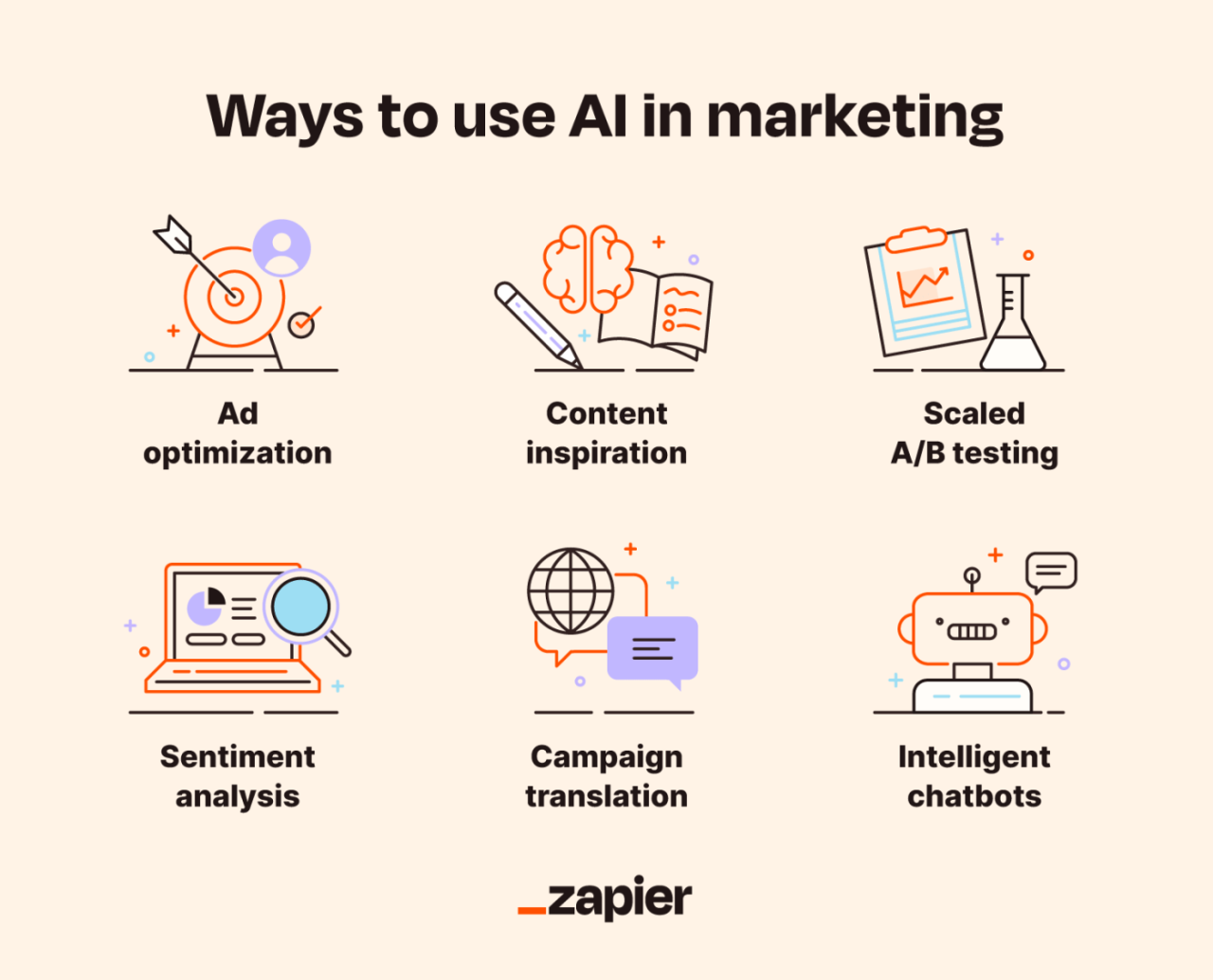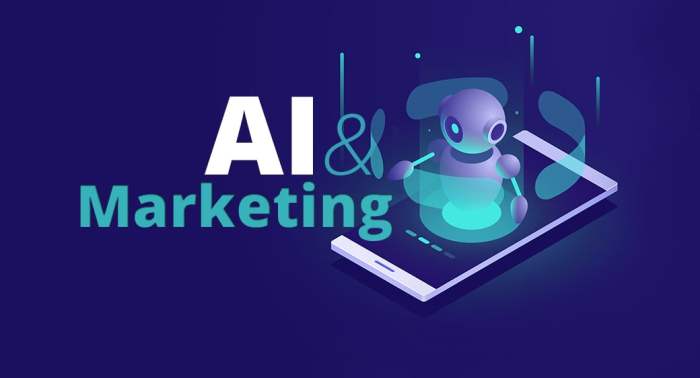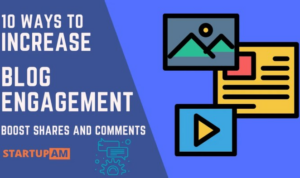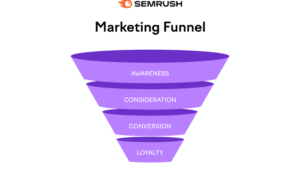Using AI in Marketing sets the stage for this enthralling narrative, offering readers a glimpse into a story that is rich in detail with american high school hip style and brimming with originality from the outset.
AI is not just a buzzword in marketing anymore – it’s a game-changer that is reshaping the way businesses connect with their audiences and drive results. From personalized customer experiences to optimized ad campaigns, AI is the secret weapon in any marketer’s arsenal. Let’s dive in and explore the endless possibilities that AI brings to the table in the world of marketing.
Importance of AI in Marketing
AI in marketing is like the secret sauce that takes your game to the next level. It’s all about using cutting-edge technology to understand your audience better, target them with precision, and make them feel like you’re reading their minds. Let’s dive into why AI is the real MVP in the marketing game.
Enhanced Customer Targeting and Personalization
When it comes to reaching your audience, AI is the ultimate wingman. By analyzing massive amounts of data in real-time, AI can help you pinpoint exactly who your customers are and what they want. This means you can create hyper-targeted campaigns that speak directly to their needs and preferences. Just imagine sending the perfect offer to the right person at the exact moment they need it – that’s the power of AI in action.
- AI-driven personalization can increase sales by up to 15% – that’s some serious ROI right there.
- Brands like Netflix and Amazon use AI to recommend content/products based on your past behavior – it’s like having a personal shopper or a movie critic tailored just for you.
- Chatbots powered by AI can provide instant customer support 24/7, making your customers feel valued and heard at all times.
Applications of AI in Marketing

AI is revolutionizing the field of marketing by offering powerful tools and techniques that can enhance efficiency and effectiveness in reaching target audiences. From chatbots to predictive analytics, AI is being utilized in various ways to streamline marketing processes, optimize ad targeting, and improve ROI in marketing campaigns.
Chatbots, Using AI in Marketing
Chatbots are AI-powered tools that can engage with customers in real-time, answer queries, provide personalized recommendations, and even assist in completing transactions. By automating customer interactions, chatbots can enhance customer experience and reduce response times, leading to increased customer satisfaction and retention.
Predictive Analytics
AI algorithms can analyze vast amounts of data to predict future trends, behaviors, and outcomes. In marketing, predictive analytics can help identify potential leads, forecast customer behavior, personalize marketing campaigns, and optimize pricing strategies. By leveraging predictive analytics, marketers can make data-driven decisions that drive business growth and profitability.
Content Creation
AI-powered tools can generate content at scale, from writing product descriptions to creating personalized email campaigns. By using natural language processing and machine learning algorithms, AI can produce high-quality, engaging content that resonates with target audiences. This not only saves time and resources but also ensures consistency and relevancy in marketing communications.
Ad Targeting and ROI Optimization
AI can analyze customer data, behavior patterns, and preferences to optimize ad targeting and maximize ROI in marketing campaigns. By delivering personalized ads to the right audience at the right time, marketers can increase conversion rates, reduce ad spend wastage, and improve overall campaign performance. AI-driven insights enable marketers to refine targeting strategies, measure campaign effectiveness, and achieve better results.
Challenges of Implementing AI in Marketing
AI has the potential to revolutionize marketing strategies, but companies often face challenges when trying to integrate AI into their existing processes. From data management issues to lack of expertise, there are several hurdles to overcome for successful AI implementation in marketing.
Data Quality and Integration
One of the primary challenges in implementing AI in marketing is ensuring the quality and integration of data. Companies often struggle with siloed data sources, inconsistent data formats, and data privacy concerns. This can lead to inaccurate insights and hinder the effectiveness of AI algorithms. To address this challenge, companies need to invest in robust data management systems, data integration tools, and adhere to strict data governance policies. By ensuring data quality and integration, companies can leverage AI to its full potential for marketing strategies.
Lack of Expertise
Another common challenge is the lack of expertise in AI technologies among marketing teams. Many companies do not have the necessary skills or knowledge to effectively implement AI solutions. To overcome this challenge, companies can provide training programs, workshops, and hire data scientists or AI experts to support marketing teams. By building internal expertise and fostering a culture of continuous learning, companies can successfully integrate AI into their marketing efforts.
Resistance to Change
Resistance to change is also a significant obstacle in implementing AI in marketing. Some employees may be hesitant to adopt AI technologies due to fear of job displacement or changes in workflow. Companies can address this challenge by fostering a culture of innovation, communicating the benefits of AI implementation, and involving employees in the decision-making process. By addressing employee concerns and providing support during the transition, companies can overcome resistance to change and ensure successful AI implementation in marketing.
Ethical Considerations in AI Marketing: Using AI In Marketing

In the rapidly evolving landscape of AI marketing, ethical considerations play a crucial role in maintaining trust and transparency with consumers. As companies leverage AI technology to enhance their marketing strategies, it is essential to address the ethical implications that arise, such as data privacy concerns and algorithm biases.
Data Privacy
Data privacy is a major ethical concern when utilizing AI in marketing. Companies must ensure that consumer data is handled responsibly and ethically. This includes obtaining proper consent for data collection, storage, and usage. Transparency in how data is being utilized is key to building trust with consumers and maintaining ethical standards.
Algorithm Biases
Another ethical consideration in AI marketing is the presence of algorithm biases. AI algorithms rely on historical data to make predictions and decisions, which can lead to biases based on race, gender, or other factors. To combat this, companies must regularly audit and monitor their AI systems to identify and eliminate biases. Implementing diverse datasets and considering the ethical implications of algorithm outputs is crucial to ensuring fair and unbiased marketing practices.
Maintaining Transparency and Trust
To maintain transparency and trust while using AI in marketing, companies should prioritize clear communication with consumers regarding the use of AI technology. Providing information on how AI is being used to personalize marketing efforts can help build trust and alleviate concerns about data privacy. Additionally, being open about the limitations of AI technology and human oversight in decision-making processes can enhance transparency and ethical practices.
Best Practices for Ethical AI Usage
– Regularly audit AI systems for biases and errors.
– Obtain explicit consent for data collection and usage.
– Implement diverse datasets to minimize algorithm biases.
– Provide clear and transparent communication about AI usage in marketing efforts.
– Prioritize human oversight in decision-making processes involving AI technology.





